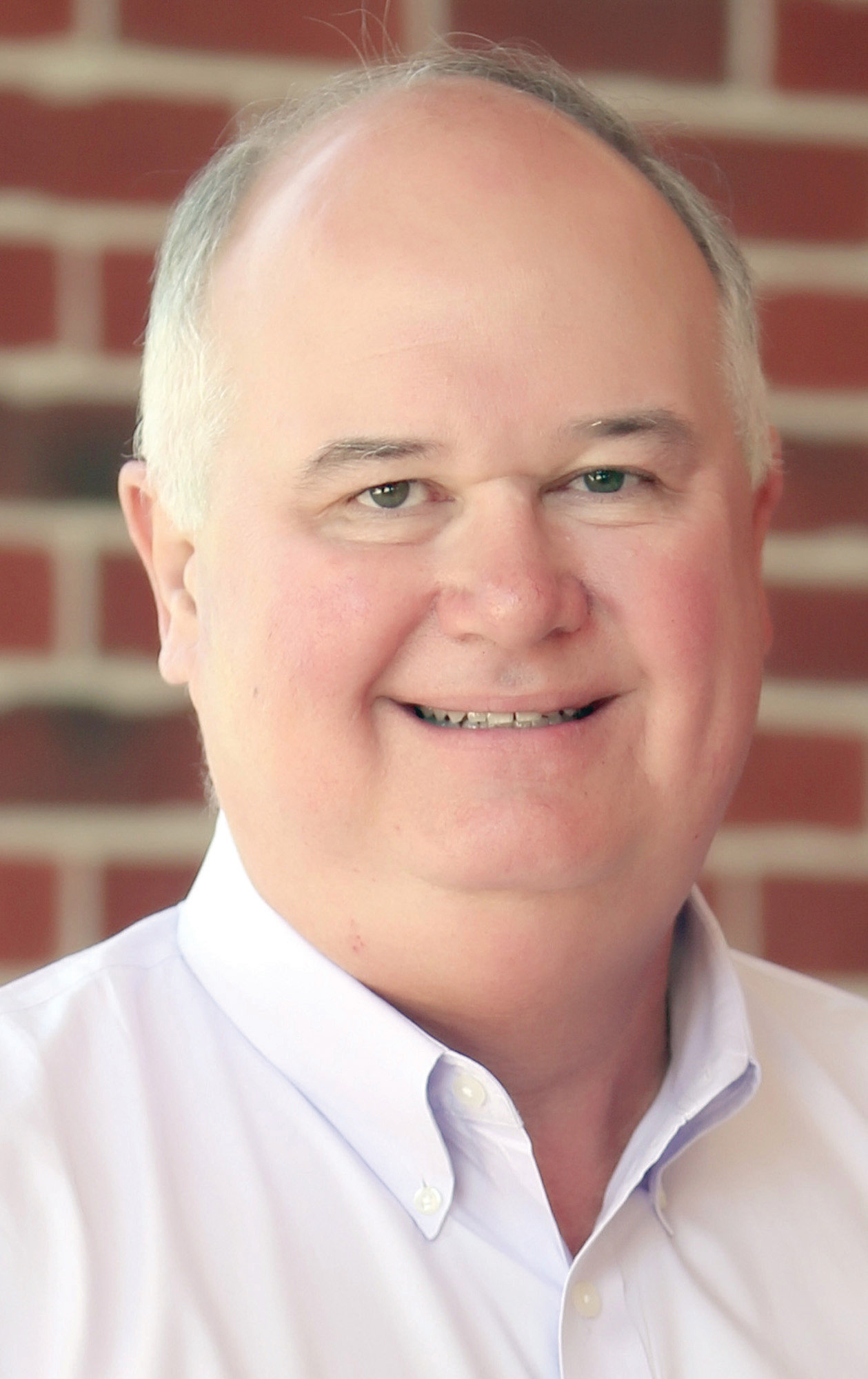The Rev. Dr. Clay Smith: Spewing liver
Religion contributor
I realize most of you grew up in tasteful families with genteel manners, where everyone was born knowing which fork to use for dessert and which fork to use for salad. I grew up in a family that was proud to have forks.
We did have some couth. Chewing with your mouth open or smacking your food meant you were sent to your room without finishing supper and without dessert. "That's disgusting," Mamma would say.
At this point, I should inform you that I hate liver. As far back as I can remember, someone has been encouraging me to eat liver. I was told, "How do you know you don't like it unless you try it?" I've never tried self-performed surgery either, but I'm pretty sure I wouldn't like it. It did not matter if the liver came from a chicken or a cow; my parents thought there was some virtue in consuming it.
Mamma finally decided on a fool-proof plan to make me eat liver: she would fry it like fried steak. Mamma made the best fried steak south of the Suwanee River. She would flour it with salt and pepper mixed in and slide it into an iron skillet of hot Crisco. Then, she would cook rice and homemade milk gravy (this was before cholesterol). Green beans that had simmered all day with a ham hock and homemade biscuits with butter completed the meal.
I came in from a hard day of running around being a boy. Being a consummate consumer of Mamma's fried selections, I knew this was not fried chicken. I asked Mamma, "What's for supper?" She said, without cracking a smile, "Beef! Now, set the table." I neglected to ask which part of the cow would be served, and with mouth watering, I set the table.
We said the blessings and used our single forks to spear a piece of crispy brown meat. I quickly cut a piece, lifted my fork to my mouth and let my lips capture the prize.
My taste buds registered surprise. The crispy fried outside was familiar, but beyond that thin layer was a meat of unknown origin. Instead of the sweetness of round steak, there was a bitterness, like burnt motor oil (don't ask how I know burnt motor oil is bitter). My brain began to frantically search its memory files. With amazing speed, my neurons went back into the cobweb-covered taste recollections. The taste fit the profile of "liver."
I promise I did not do this intentionally. It was an involuntary reflex. My brain sent an emergency message to my lungs, my tongue, my cheeks and my lips, saying, "Expel this heathen substance!" I spewed the half-eaten chunk of liver out of my mouth into the atmosphere. It landed on my brother's plate. He yelled my name: "Clay!" My brain had moved on to other things, like chugging my glass of sweet tea to wash that nasty taste off my taste buds.
There then ensued a great family debate. My brothers insisted I be banished from the table because I had been caught chewing with my mouth open. I insisted I was innocent because: 1) I had not repeatedly chewed, only moving my jaw once; 2) Spewing a deadly substance out one's mouth is not a violation of Amy Vanderbilt's Rules of Etiquette, but a survival tactic; and 3) My mother lied to me.
Mercy prevailed, and I filled up on rice and gravy (which was good, even if it derived from liver).
Jesus said to the church at Laodicea, "I know your deeds, that you are neither cold nor hot. I wish you were either one or the other! So, because you are lukewarm - neither hot nor cold - I will spew you out of my mouth."
Jesus cannot stand people or churches that are apathetic and disengaged. To him, they taste like liver. Jesus can handle opposition. He loves passion. He loathes passivity.
When I was an adult, I told a doctor about my aversion to liver. He said, "I don't blame you. Never eat another animal's poison filter."
Are passive Jesus followers and passive churches bags of poison that Jesus will spew out of his mouth?
Or maybe the better question is, "Is Jesus about to spew me out of his mouth?"
Editor's note: This column was previously published.
The Rev. Dr. Clay Smith is the lead pastor of Alice Drive Baptist Church in Sumter. Email him at claysmith@adbc.org.
More Articles to Read

